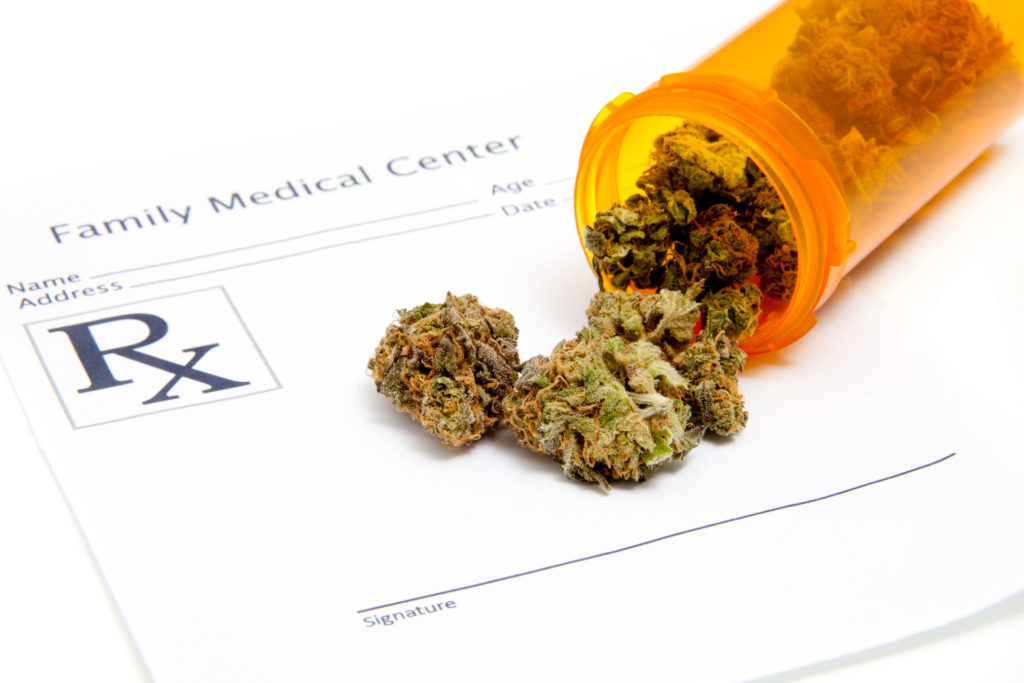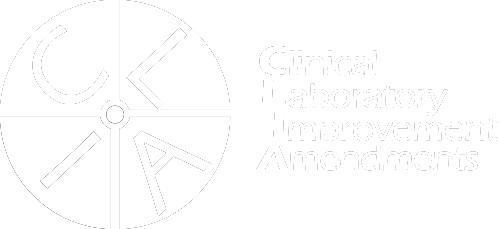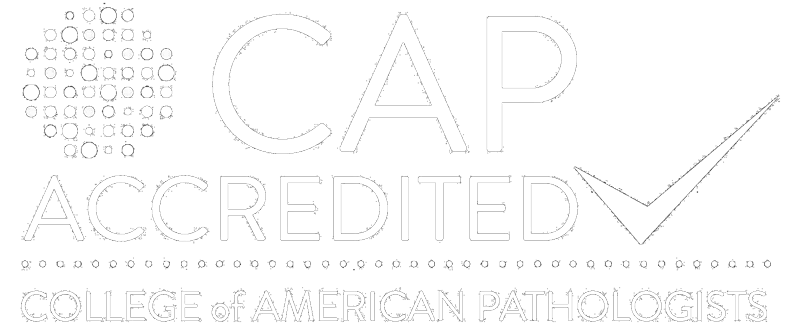Hon. Patrick C. Bowler, ret.
Although the laws regarding the use of marijuana vary from state to state, the legalization of recreational marijuana and/or medical marijuana in some have created significant issues for probation departments and treatment courts. Probation departments are tasked with efforts to establish effective rehabilitation for probationers and treatment courts have successfully saved thousands of individuals from the throes of substance use disorders resulting in productive citizens with long-term, positive, self-directed recovery. A crucial goal of both probation and treatment courts is to promote public safety by reducing recidivism for behaviors that threaten our communities. A key factor in developing success with individuals assessed with a substance use disorder is compliance with the terms of probation that seek to wean individuals from the use of addictive substances. Some marijuana statutes thwart that effort.

An appellate court in Michigan has recently ruled that a trial court may not, as a term of probation, prohibit a defendant from compliant marijuana use under the Michigan Medical Marijuana Act (MMMA). In the case, Michigan v Thue, decided February 11, 2021, the defendant was involved in a road-rage incident and charged with assault and battery. He plead guilty and was sentenced to one year of probation, with a condition that he does not use marijuana, including medical marijuana. The defendant filed a motion to allow him to use medical marijuana alleging that denial was a violation of the protection of the MMMA which, like many other states, prohibits a penalty of any kind for lawful use.
The district court denied the motion stating it was bound by a ‘policy’ of the local court to not allow probationers to use medical marijuana. The Court of Appeals reversed agreeing with the defendant that revoking a probation for the lawful use of medical marijuana would constitute a penalty. The Court of Appeals held that lawful use of marijuana under the MMMA supersedes the Michigan probation act for conditions of probation in conflict with the MMMA.
The irony of the situation in Michigan, like that in other states with a medical marijuana statute containing the ‘penalty clause, is that a court may ban marijuana use under the Michigan recreational marijuana statute, analogous to the standard ban on alcohol, but may not ban the use of medical marijuana. Adding to the paradox, is the difficulty in measuring the level of delta-9-tetrahydrocannabinol (THC, one of the psychoactive substances in marijuana) in the blood, urine, or oral fluid as a determinant of intoxication. Although THC has been proven to affect areas of the brain that control movement, balance, coordination, memory, and judgment, skills required for safe driving, there is little evidence correlating a specific THC level with impaired driving, and both field sobriety tests and THC levels have proven to be unreliable indicators of marijuana intoxication.
A person qualified for medical marijuana under the MMMA may maximize their use of marijuana, reach a high level of marijuana intoxication without reliable detection, create a serious threat to themselves and others, and elude supervision. A blanket prohibition to probation services and treatment court for MMMA patients fails as a solution to the dilemma; it not only defeats the goals of public safety by denying thousands effective, evidence-based treatment plans, but is counter to the general principles of sentencing law that all sentences be individualized. Despite the rocky landscape created by new marijuana laws, probation and treatment court professionals remain committed to their mission of improving public safety and saving lives by using evidence-based tools, including reliable assessments and individualized sentencing, with the goal of navigating the times and striking a balance that will promote the public good.


